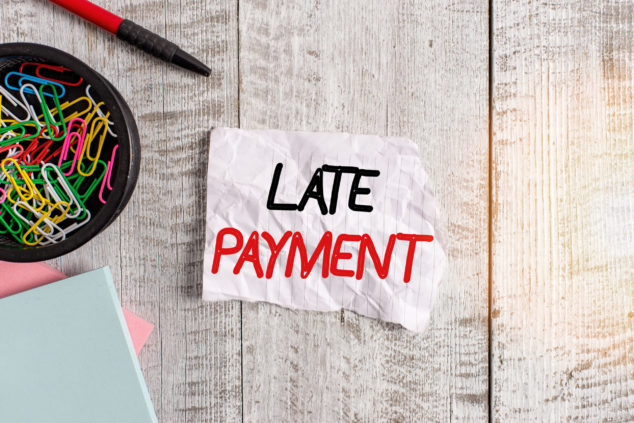Businesses could be facing fines for paying their suppliers late

Fines are being considered as the late payment issue worsens
The Small Business Commissioner may be able to issue fines to companies who pay their suppliers late.
This proposal is part of a new consultation looking to extend the Small Business Commissioner’s powers, which in the past have been criticised for falling short.
If granted, businesses will be made to be pay suppliers as a lump sum or as part of a payment plan, or the Small Business Commissioner could impose further penalties.
The government may also allow the Commissioner to force firms to share information during an investigation and launch probes into suspected bad payment practices, even if no one has reported them.
Payment problems have worsened since COVID-19 surged in the UK as businesses are desperate to hold on to cash.
Larger companies have been made to publish their data in the past but critics have slated it, saying that the figures are very difficult to understand.
The Small Business Minister, Paul Scully, says that £23.4bn is owed to small and medium-sized businesses, with a cost of £4.4bn a year just to collect the money owed.
Click here to take part in the consultation. It’s open until December 24th 2020.
Good news for supermarket suppliers
UK supermarkets have made record improvements in their relationships with grocery suppliers.
The Grocery Code Adjudicator’s (GCA) latest survey showed that almost 1,500 direct suppliers to the 13 regulated retailers completed the survey. Furthermore, 36 per cent said they had experienced a Groceries Supply Code of Practice-related issue in the past 12 months. That’s down from 41 per cent in 2019 and a significant reduction from 79 per cent of suppliers who reported issues with retailers in 2014.
| Year | Suppliers experiencing Code-related issues |
|---|---|
| 2014 | 79% |
| 2015 | 70% |
| 2016 | 62% |
| 2017 | 56% |
| 2018 | 43% |
| 2019 | 41% |
| 2020 | 36% |
Direct suppliers experienced improvements across every code-related issue. The most common in 2020 related to forecasting, delays in payments and delisting. Each is now at its lowest reported level, at 13 per cent (35 per cent in 2014), 12 per cent (33 per cent in 2014) and 12 per cent (22 per cent in 2014) respectively.
The GCA’s Christine Tacon said:
“The survey period included three weeks when the sector was under huge pressure but the data shows no adverse impact on compliance with the Code as retailers and suppliers raced to keep supermarket shelves filled.
“This is a testament to the stronger and more effective communication between retailers and suppliers which the GCA has fostered over the past seven years and which has proved so valuable during this emergency.
“It also demonstrates that the Code has provided the flexibility retailers need to maintain a vital and efficient supply chain that is getting groceries to the consumer.”

Comments are closed.